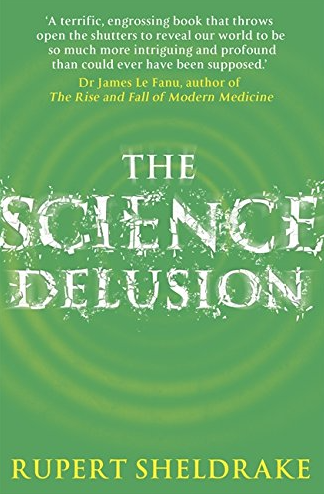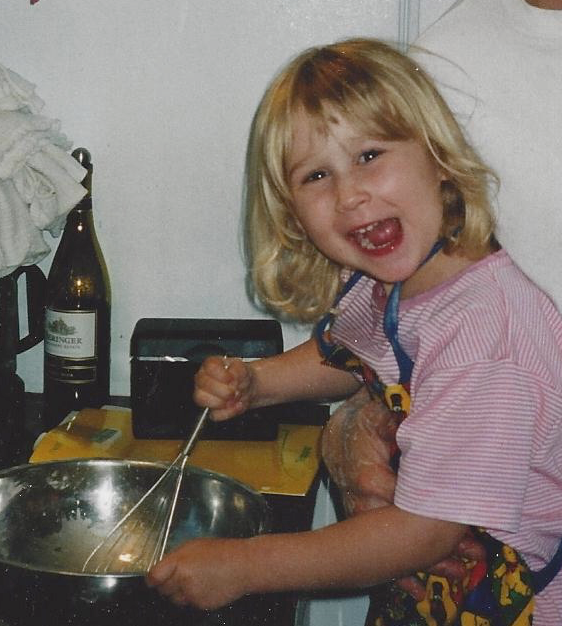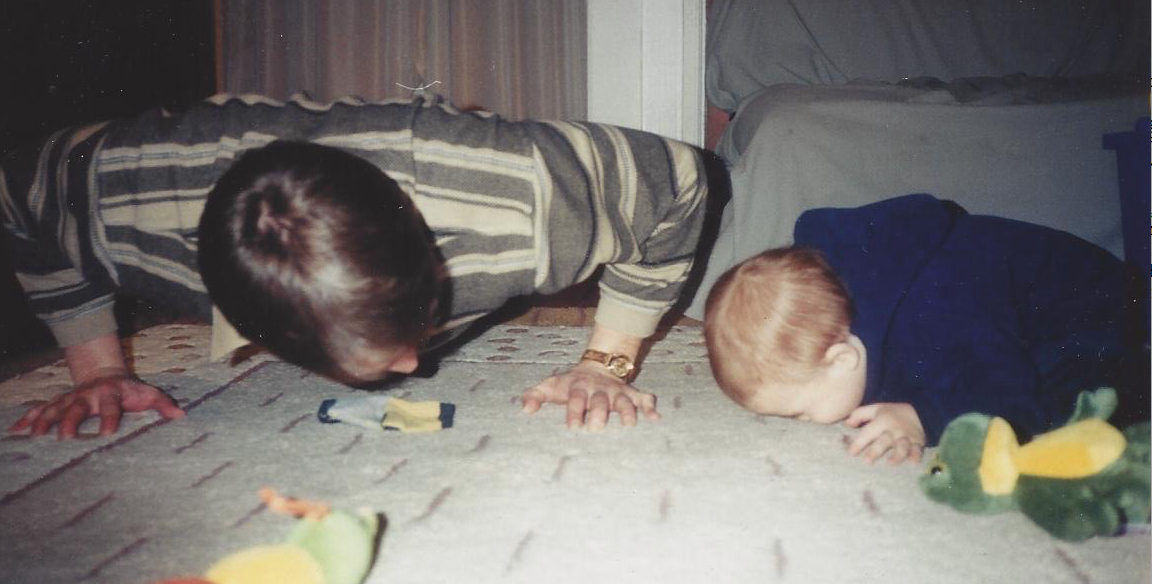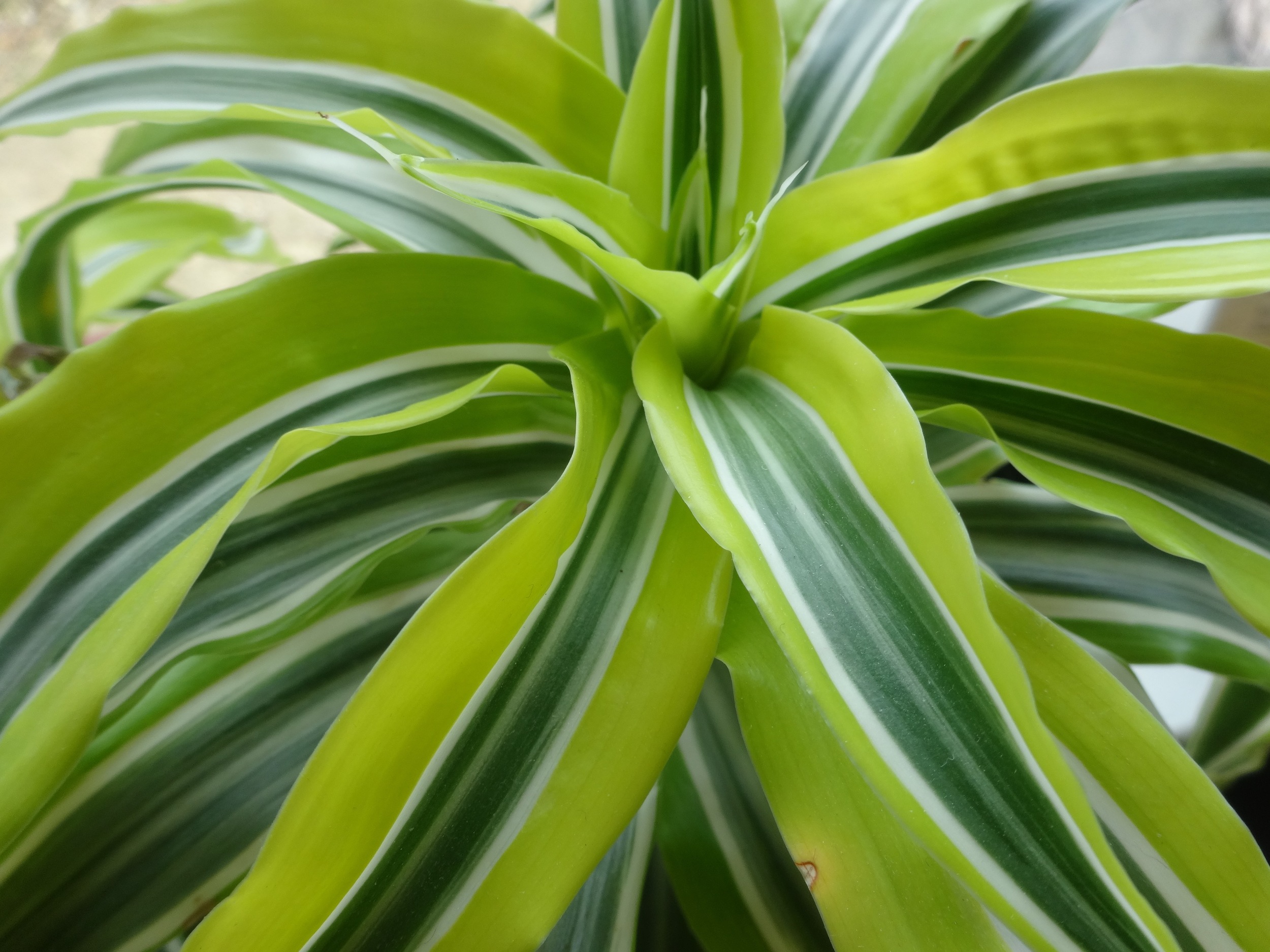My daughter is in bed today after an afternoon and a night of feeling nauseous and being sick. Today she has a headache and is resting. Lots of fluids, nothing to eat, rest and love and comfort. You may say that it's a virus, or a stomach bug, something is going around, or suspect that she ate something bad. Maybe yes, maybe no.
Coming from a spiritual approach to healing it helps me to associate the symptom with what may be going on in the mind, as I do believe that mind and body inform each other. In homeopathy, for that matter, afflictions are not named, only symptoms defined and treated. The most common childhood ailments have got to be tummy aches (that's where the solar plexus is, through which all kinds of energies get sucked in to us), headaches ("too much stuff right now for my little head"), and earaches ("I don't want to hear it"). Along those lines of thinking the body's inability to digest food properly might be linked to an inability to deal with/digest something that is going on in the mind. And the headache may be a result of information overload or issues the child is going through. Some more traditionally and some more spiritually oriented pediatricians have observed that children go through a noticeable maturation process when they work through a major illness.
In our busy world the needed rest to pause and digest properly, in mind and in body, especially for children, may only be possible by spending a day or two in bed. Also revisit an earlier related post: "the difference between cause and effect in healing."







